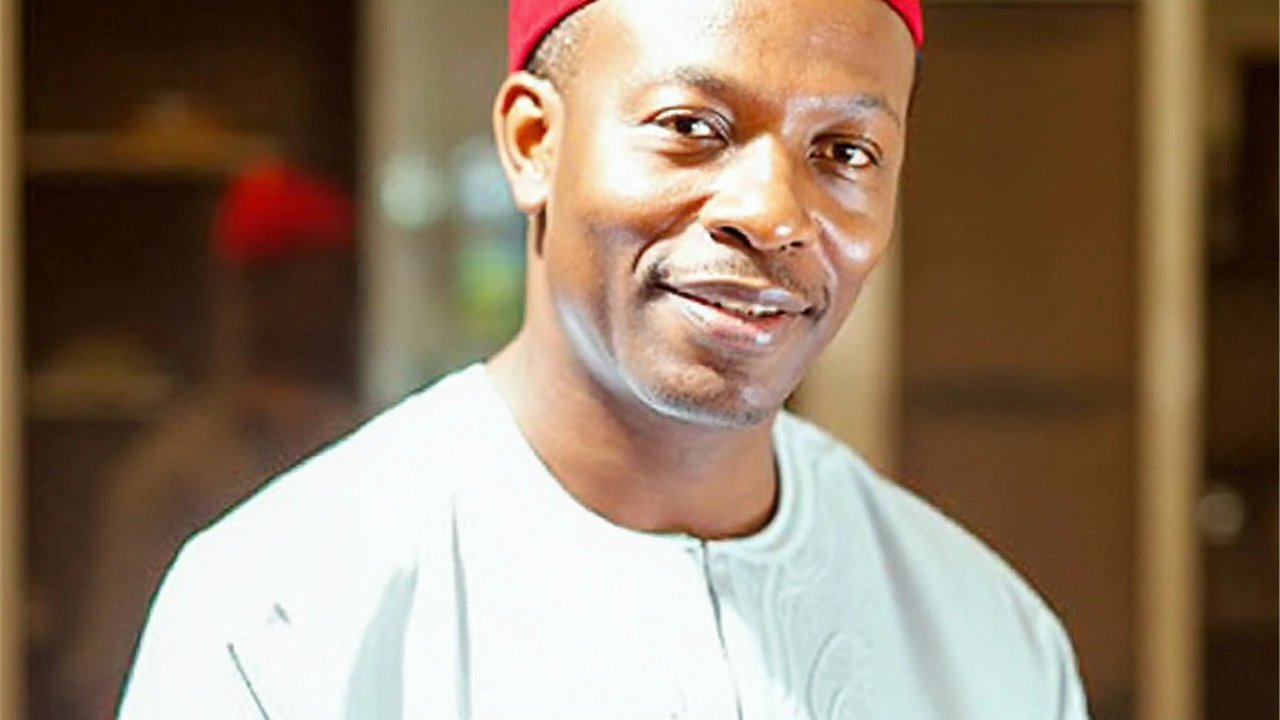Who Was MKO Abiola and Why Does He Matter?
MKO Abiola is one name every Nigerian interested in democracy knows well. In 1993, he won what many consider Nigeria’s freest and fairest presidential election. But despite the victory, he never got to take office. His story is one of hope, struggle, and tragedy that still shapes Nigeria’s political landscape today.
Abiola’s victory symbolized the people's desire for true democratic rule. Yet, the military government at the time annulled the election result, blocking his path to presidency. This move sparked deep tensions and protests, highlighting the fight between military rule and civilian governance in Nigeria.
The Legacy of MKO Abiola
MKO Abiola wasn’t just a politician; he was also a successful businessman who believed strongly in Nigeria's potential. His belief in democracy inspired many activists and ordinary citizens alike. Even after his imprisonment and death in 1998 under suspicious circumstances, his legacy inspired the eventual transition to civilian rule in 1999.
His name is often invoked during discussions about democracy and social justice in Nigeria. People remember him for standing up to military oppression and championing the rights of ordinary Nigerians to participate in their governance.
Why Still Talk About MKO Abiola?
Years later, MKO Abiola remains relevant because his story reflects ongoing challenges in Nigerian politics. Corruption, electoral fraud, and slow democratic progress are issues many Nigerians feel Abiola’s experience warns against. His life reminds citizens and leaders alike to value transparency and respect the democratic process.
If you're interested in Nigerian politics or learning about democracy struggles, MKO Abiola’s story offers insight into the sacrifices made for freedom and fair governance. His vision pushes many to keep working for a better Nigeria.

Babangida's Memoir Reopens Debate on June 12 Election's Annulment
Ibrahim Babangida’s latest memoir touches on the June 12, 1993 election, revealing MKO Abiola’s win but attributing its annulment to forces led by Sani Abacha. Skeptics question Babangida's claim of being oblivious, given his firm grip on Nigeria's military government. Both student groups and politicians have criticized his account, spotlighting ongoing debates over historical narratives and state accountability.